This is what happens to your body when you give up alcohol for 30 days
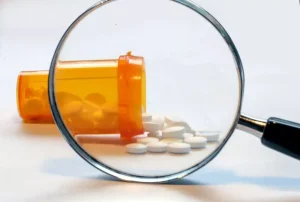
It’s used by medical professionals to assess your risk for alcohol dependence. As soon as you quit drinking, your liver will start to repair itself from alcohol-related damage. People who do not abuse alcohol regularly might notice positive cognitive changes soon after quitting drinking. You will experience reduced anxiety and stress, improved digestion, less bloating, potential weight loss, and an improved ability to handle life’s issues. Now granted, I was also pregnant, so there were other hormonal fluctuations at play, but I mostly just wanted to feel like myself again – whatever that meant.
- It’s no wonder why alcohol consumption can lead to reduced mood, increased anxiety, and even depression.
- Experts say alcohol can also very much affect the balance of gut microbiome and take a happy gut and transform it into a whacky one.
- We aim to help you stop using alcohol and empower you to maintain lifelong sobriety.Quitting alcohol may seem daunting; however, you can do it!
- It’s a global movement aimed to help individuals reevaluate their relationship with alcohol while experiencing some notable physical and mental health benefits.
At-Home Lyme Disease Test Kits: What You Need To Know
You may notice less heartburn, gassiness, bloating and stomach pain, and your bowel movements may become more normal. But once you fall into slumber, it can wake you up repeatedly what is alcoholism in the night. Plus, it disrupts the important REM stage of sleep and may interfere with your breathing.
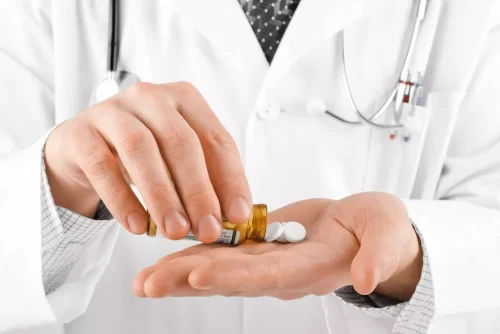
How long does it take for alcohol to stop affecting your brain?
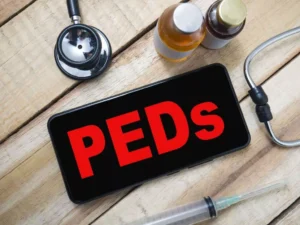
Drinkchat is a free online chat service with trained advisors offering confidential advice. Or if you’re just thinking about taking a break from alcohol, for your own reasons or as part of a challenge, you will be joining millions of others. Both Drinkaware and the Alcohol Change websites have handy online tools to help you work out how much you are drinking, so you can track your habits and cut down if you need to. It’s also important to note that everyone responds to alcohol differently and your height, weight and gender all play a part, as well as how much you have eaten and how much sleep you’ve had. A pint of 4% beer – or a medium glass of wine – equals 2.3 units of alcohol.
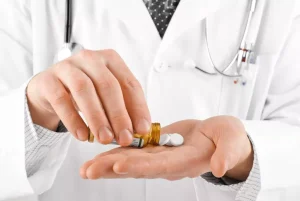
Your liver starts to repair itself
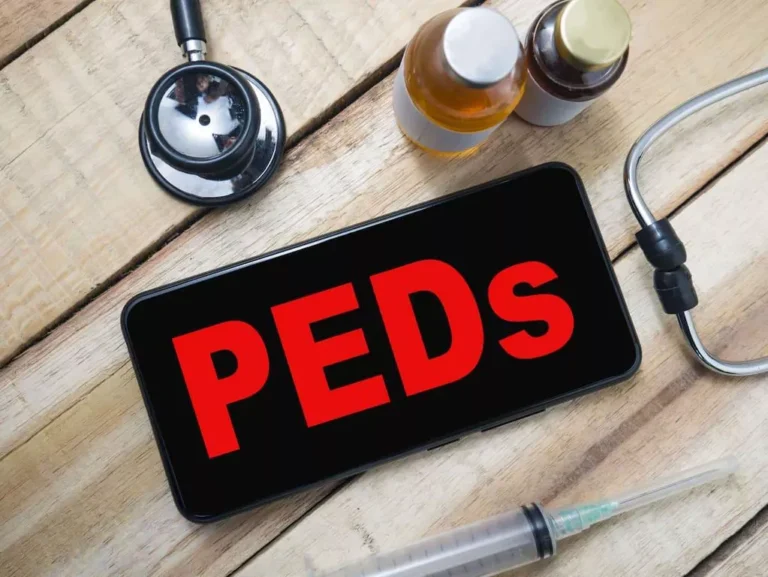
It is potentially life-threatening, so it is essential to seek medical attention immediately if you experience such symptoms. If you’re https://ecosoberhouse.com/ seeking help for yourself or a loved one, our expert team is here to guide you every step of the way. Heavy alcohol use is expensive, potentially costing you $800 each month or even more. Stopping alcohol won’t just put a bit of extra change in your pocket; it has the potential to have a sizable impact on your income and the lifestyle you can live. A glass of regular beer has about 150 calories, and a serving of wine has about 120. On top of those mostly empty calories, alcohol ramps up your appetite.
- At this point, your risk of developing all types of disease will be reduced and your bone density will start to increase.
- “There’s a high correlation between alcohol use disorder and other mental disorders, including depression and anxiety,” McGrath explains.
- With heavy drinking, the liver and pancreas can become inflamed, leading to digestive issues.
- Alcohol can increase your blood pressure and make your heart work harder.
- But with determination and help, whether through recovery programs such as Alcoholics Anonymous (AA) or other sobriety support systems, you can beat alcoholism and live a life you love.
- While some studies have not found an association between body mass index and alcohol use, alcohol has some significant effects on the body that can impact your metabolism and ability to lose or maintain weight.
What Helps with Weed Withdrawals?
For most people, the withdrawal symptoms will lessen or stop by the end of the first week but can continue for people who used to drink heavily. Here’s all you need to know about the short-term and long-term effects of stopping drinking alcohol. If you drink in excess, cutting out alcohol for a period of time can help your liver, heart, and body composition. Many use alcohol to reduce stress and promote relaxation, but chronic alcohol use increases levels of the stress hormone cortisol. “Sometimes people drink alcohol to help them relax or navigate social anxiety, only to find it makes things worse,” says McMahon.
- By prioritizing your well-being, you’re also strengthening your relationships with loved ones.
- Men, on the other hand, had less activation to emotionally charged images, including images of alcoholic beverages.
- Alicia is a journalist and editor in digital and print media specializing in health, nutrition, fitness, and wellness.
- And by taking the decision to stop drinking, you could reduce your risk of developing many serious alcohol-related diseases.
- No matter your reason, quitting alcohol is a daunting task – one you can conquer with the right knowledge and support.
After a month:
Your healthcare provider will recommend and encourage treatment for alcohol use disorder. Alcohol (ethanol) depresses (slows down) your central nervous system (CNS). If you consistently consume significant amounts of alcohol, your CNS gets used to this effect. Your CNS must work harder to overcome the depressant effects of alcohol to keep your body functioning.
You may notice better skin.
Medical detox ensures you will be as what happens when you stop drinking alcohol safe as possible by providing 24/7 monitoring that helps recognize and treat complications effectively and as rapidly as possible. It can make your family and friends feel as if you are choosing an addiction over them and cause you to act in ways that are destructive to relationships. The effects of alcohol can even make you abusive or cause you to harm others emotionally. Alcohol causes inflammation in the lining of your stomach, causing bloat and other digestive issues. By your second week, your gut will begin to heal, and many of these issues will start to subside.
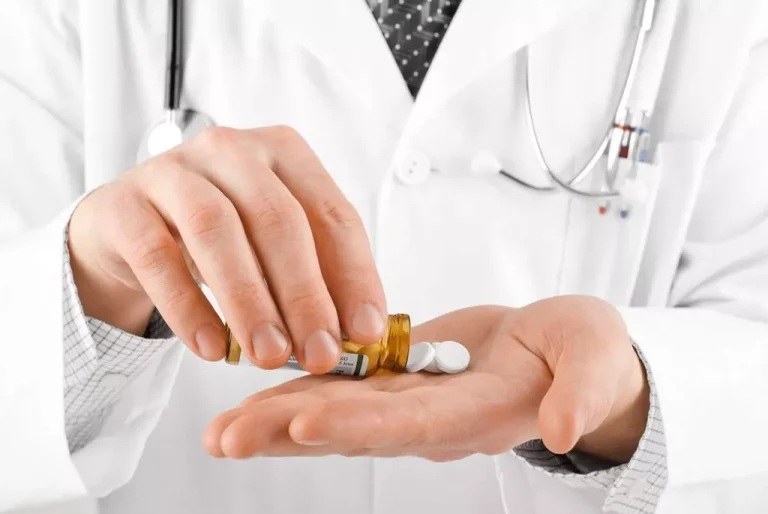
How alcohol impacts your weight is dependent on many factors, ranging from behavioral (like how often you drink, when you drink and what you eat when you drink) to physical (like your age, gender and genetics). According to a study published in the journal Appetite, people who drank half a shot of alcohol (20 grams worth) ate 11 percent more than those who abstained. The drinkers also experienced more cravings for high-fat (high-calorie) foods. If you have alcohol use disorder and want help, a healthcare provider can guide you to resources and rehabilitation programs to help you quit.
You’ll Get Sick Less
Cognitive functions—including problem solving, decision making and self-regulation skills—can also improve with continued sobriety, adds Dr. Kellogg. The CDC considers a standard drink as 0.6 ounces of pure alcohol—or roughly 12 ounces of beer, 5 ounces of wine or 8 ounces of malt liquor. You may also receive other medications or treatments for related health issues, like IV fluids for dehydration and electrolyte imbalances or antinausea medicines if you experience vomiting. Each of these symptoms can increase in intensity depending on the severity of the withdrawal.
